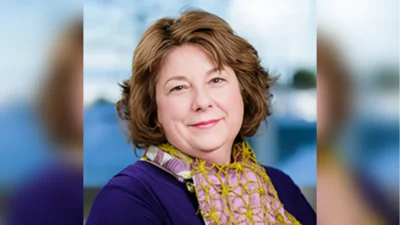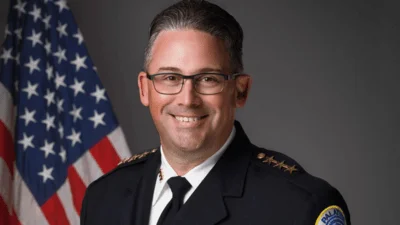The National Community Pharmacists Association (NCPA) is holding its Congressional Pharmacy Summit this week in Washington, D.C. to lobby members of Congress on a controversial “any willing pharmacy” (AWP) bill co-sponsored by U.S. Rep. Jan Schakowsky (D-IL).
House Resolution 793, also known as Ensuring Seniors Access to Local Pharmacies Act, would “allow community pharmacies that are located in medically underserved areas (MUAs), medically underserved populations (MUPs), or health professional shortage areas (HPSAs) to participate in Medicare Part D preferred pharmacy networks,” providing the pharmacies agree to the contract terms and conditions other in-network providers are obligated to operate under.
Introduced by Reps. Morgan Griffith (R-VA) and Peter Welch (D-VT), the bill has drawn criticism from opponents who argue that AWP laws ultimately drive up drug costs and are not in the best interest of consumers.
Thomas Schatz, president of Citizens Against Government Waste, wrote a letter to the U.S. House of Representatives earlier this month, asking them not to support H.R. 793 or H.R. 244 – which calls for transparency between prescription drug plan sponsors and pharmacies -- as both would interfere with price negotiations and preferred pharmacy networks.
“H.R. 244, the ‘MAC Transparency Act’ and H.R. 793, the ‘Ensuring Seniors Access to Local Pharmacies Act,’ may sound like prudent concepts, but in reality they would stifle competition and drive up costs for Medicare beneficiaries and taxpayers,” Schatz wrote.
Health care expert Devon Herrick of the National Center for Policy Analysis also expressed concern with the proposed bill in a column, stating that such legislation “weaken the tools insurers and PBMs use to negotiate low drug prices with pharmacies on consumers’ behalf.”
Herrick told North Cook News that Medicare Part D drug plans are administered by private firms that compete with one another, and were purposely set up this way so that the firms could “drive hard bargains with drug makers as well as pharmacies to get the price as low as possible.”
The strategy has worked well.
In 2004, the Congressional Budget Office’ (CBO) projected that Medicare Part D’s cost would be approximately $123 billion by 2012. The actual cost was far less -- $55 billion, Schatz mentioned in his letter.
Herrick said that one of the ways Medicare saves money and lowers premiums for seniors is the use of exclusive provider networks.
“I’ve talked to seniors who are hoping all of the pharmacies they would ever go to are in their networks," he said. "But the pharmacy industry, the trade associations don’t like the narrow networks. They promulgate laws in state after state trying to require drug plans to basically let any pharmacy fill a prescription who will abide but the terms."
The Federal Trade Commission opposes AWP laws, Herrick said, because part of the reason for preferred networks is to drive business to firms willing to offer a better deal.
Pharmacies, on the other hand, are in favor of bills such as H.R. 793 and are essentially trying to change federal law, he added.
“State laws do not affect how a federal program works, and so that was a chance (for) Congress to take some of the regulations at the state level and force it on the Medicare Part D program," Herrick said. "I am not a fan of those kinds of laws and the Federal Trade Commission is not either."
Co-pays and drug prices for seniors should be lower at a preferred pharmacy compared to a non-preferred pharmacy – a benefit that would end for consumers if preferred pharmacy networks didn’t existed, Herrick said.
But pharmacies not included in preferred pharmacy networks are working hard to tip the scales in favor of increased drug costs by constantly lobbing politicians to sponsor bills that eliminate competitive practices.
“There was just a regulation passed in Oklahoma, for example, that took an earlier law from last year that allowed pharmacies to contest fees, MAC (Maximum Allowable Cost) list fees, they thought were too low,” he said. “They changed just a couple of words, they changed MAC list to reimbursement amount and that opened up the ability to dispute contractual arrangements to name brand drugs. So it is an ongoing battle and it happens mainly at the state level, but that is an example that is happening at the federal level as well.”
Schakowsky did not respond to a request for comment.






 Alerts Sign-up
Alerts Sign-up